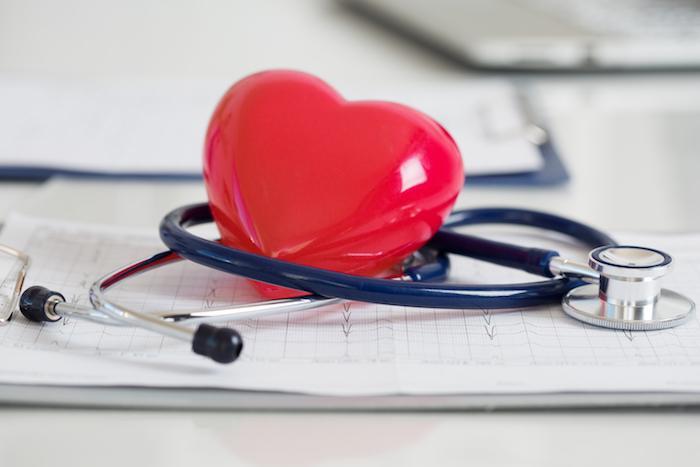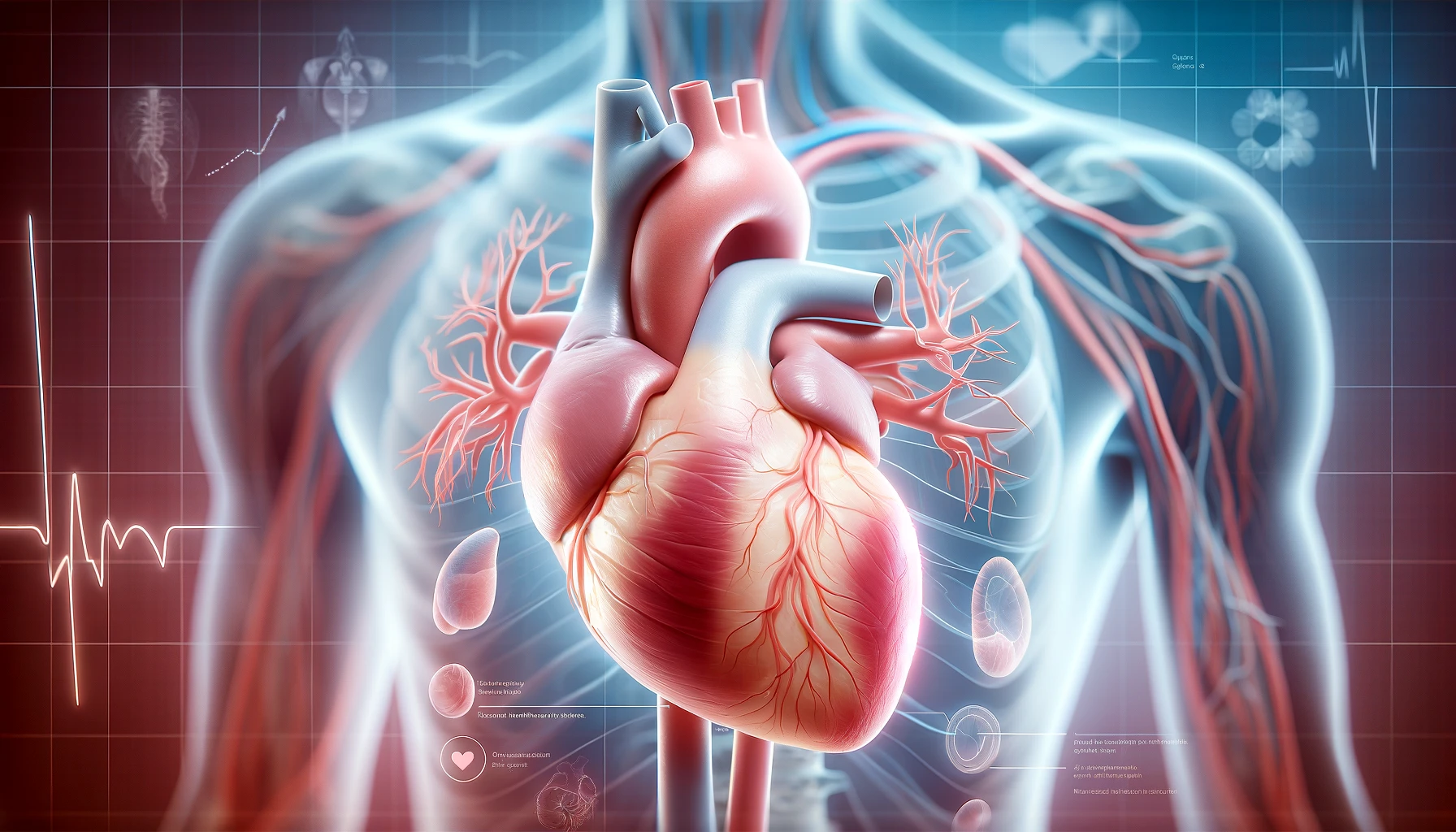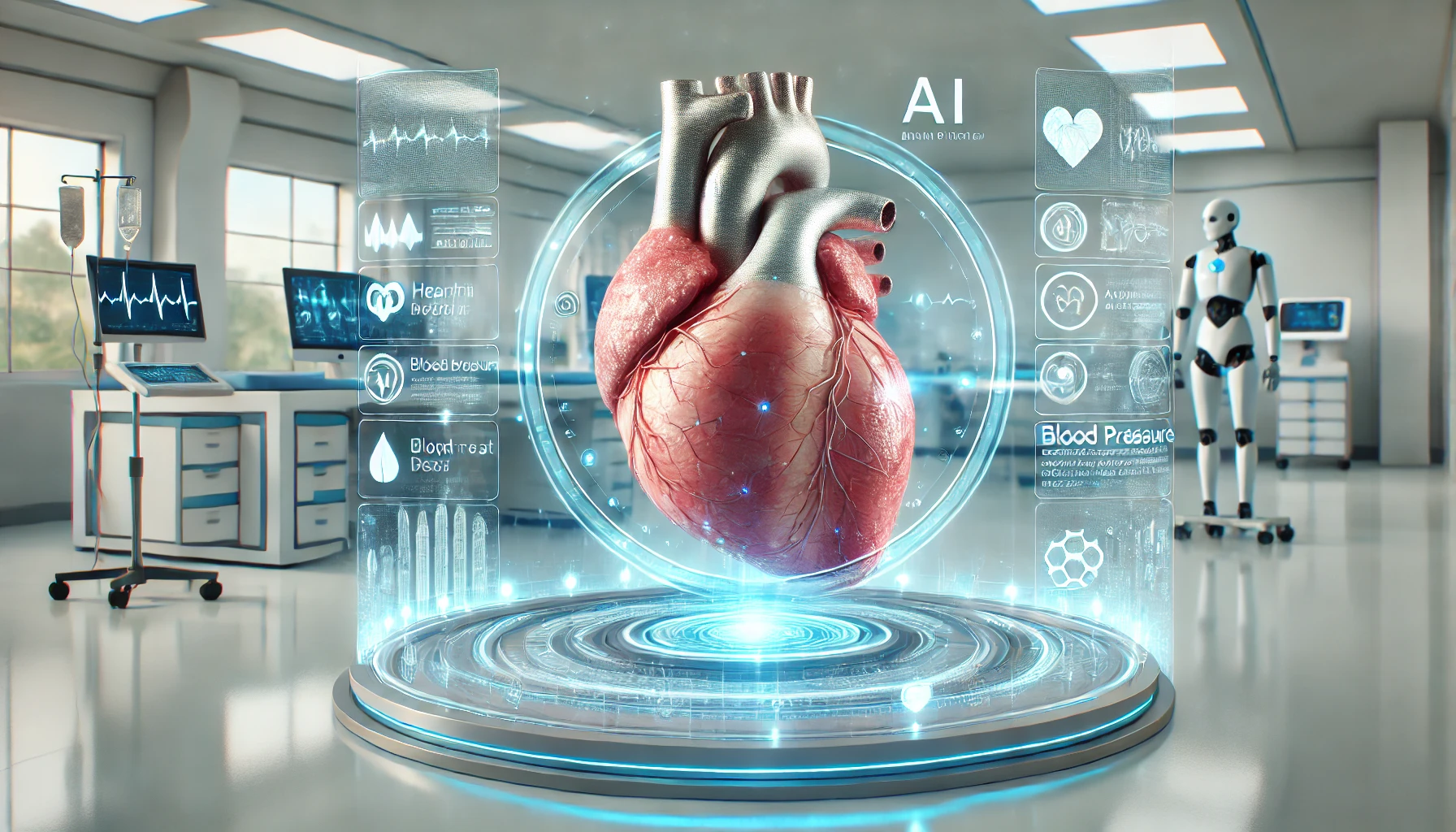Everyone knows viruses can cause respiratory illnesses like the common cold and the flu. But viruses can affect other areas of your body, as well, including your heart. Knowing the symptoms of a heart infection can help you get the care you need quickly, so you can reduce your risks of more serious problems, like heart attack and heart failure.
At Prime Heart and Vascular, we use the most advanced techniques to diagnose and treat viral heart infections in patients in Allen, Frisco, and Plano, Texas. Our cardiology team is skilled in identifying the cause of heart infection, so every treatment plan can be tailored to the unique needs of each patient. Here’s how to tell if you might have a heart infection.
Viral infections and your heart
Viruses cause infection by invading healthy cells and commandeering them, using them to replicate and produce more viruses that can invade other cells. Several viruses can infect the heart, including viruses that cause other types of infection, like respiratory infections and STDs like herpes, chlamydia, and HIV.
There are two primary heart infections caused by viruses: pericarditis and myocarditis. (Endocarditis is a third type of infection that affects the inner lining of your heart, but it’s almost always caused by bacteria, not viruses.)
Pericarditis affects the pericardium, the membrane that surrounds your heart. The most noticeable symptom of pericarditis is a sharp pain on the left side of your chest that usually gets worse when you take a deep breath. That’s because the pericardium is inflamed, and when you inhale, your lungs can press against the membrane, causing pain.
Myocarditis is an infection of the heart muscle tissue. This infection can produce a lot of different symptoms, like:
- Chest pain
- Irregular heartbeat
- Shortness of breath
- Fatigue
- Fever
- Fainting
- Flu-like symptoms
Symptoms of both pericarditis and myocarditis can be mild or moderate. Also, while many people with pericarditis or myocarditis have some type of symptoms, many others do not. Remember: Chest pain can also be a sign of a heart attack. If you have severe chest pain, you should call 911 immediately.
You might think that if an infection causes no symptoms, that means it’s not causing damage — but that’s not necessarily the case. Even when it doesn’t cause noticeable symptoms, both infections can damage your heart unless they’re treated. The risk of heart damage increases if you have an infection more than once. But if infection doesn’t cause any symptoms, how can you tell if you have an infection or if you have damage from an earlier infection?
Diagnosing viral heart infections
When it comes to diagnosing heart infection, EKG is the first tool your doctor uses. An EKG (or electrocardiogram) measures the electrical signals inside your heart. It’s these signals that keep your heart beating in a normal rhythm, opening and closing the valves and contracting the heart muscle to keep blood flowing. Both pericarditis and myocarditis can cause abnormalities in your heart rhythm, so it’s a good, noninvasive way to test for symptoms of the infection.
The doctor also may order a chest X-ray to see the size and shape of your heart, or an echocardiogram, a kind of ultrasound scan that lets the doctor see the heart structures and watch how blood flows through your heart. Sometimes, a tissue biopsy is necessary to confirm a diagnosis and determine what type of virus is infecting the heart. Blood tests can also be used to look for elevated white blood cells counts or other signs of infection.
Treating infections: The sooner, the better
Most viral infections can be successfully treated with medication, like antiviral drugs to destroy the virus, anti-inflammatory drugs to reduce swelling, and diuretics to get rid of excess fluid that may make it more difficult for the heart to function normally. You might have other medications to help stabilize your heart rhythm, or medicines like channel blockers, ACE inhibitors, or beta blockers to help your heart work better. In severe infections, you might need to be hospitalized.
At Prime Heart and Vascular, we work closely with every patient to understand the cause of their infection, providing custom care aimed at getting rid of the virus, improving heart function, and preventing future infections. If you’re having unusual cardiac symptoms — or if it’s been awhile since your last EKG — take the first step toward protecting your heart and your health. Call our offices in Frisco, Allen, or Plano, or use our online booking tool to schedule a visit today.





